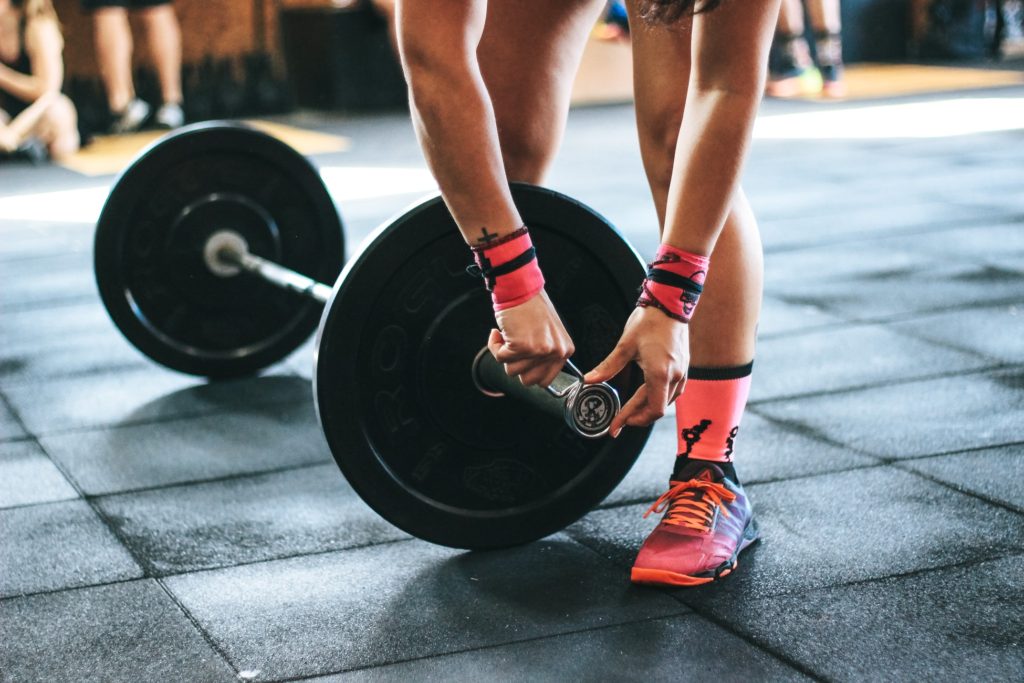
“It is possible that low T levels could be a result of a sedentary lifestyle with poor habits. This is good news because it is easily reversed.”
While being a hardgainer is often a byproduct of poor lifestyle habits, it can sometimes be a result of deeper issues such as low testosterone.
While low testosterone affects almost 40% of men aged 45 and older and 25% of men 30 and older, young males in their 20’s or late teens rarely experience low T.
There are hundreds if not thousands of factors to consider if one is having difficulty bulking up and gaining muscle, but it would be unlawful to say that low testosterone couldn’t be the culprit. However, it can be said that the younger a man is, the less likely low T is the cause of being a hardgainer. Let’s quickly review testosterone and move on to symptoms of low T.
What is testosterone?
Testosterone is the primary sex hormone in males. Testosterone is responsible for the growth of certain tissues such as the testes, and prostate. Increased muscle and bone mass, as well as increased body hair, are also traits of the testosterone hormone.
When going through puberty, men will experience a large spike in testosterone, where it will stay until about age thirty when production of the hormone very slowly begins to lessen.
Low testosterone
A doctor can test your blood to examine your testosterone levels. Normal levels for a male range between 280 and 1,100 nanograms per deciliter (ng/dL). For females, between 15 and 70 ng/dL.
If a male’s T levels are below 300 ng/dl, your doctor will likely want to determine the cause.
Symptoms of male low testosterone (hypogonadism) include:
- decreased sex drive
- less energy or feeling tired all the time (fatigue)
- weight gain
- feelings of depression
- moodiness
- low self-esteem
- reduced erectile function
- less body hair or less beard growth
- thinner bones
Testosterone levels naturally slow down as a male ages, but other chronic health conditions can cause various decreases of the hormone such as alcoholism, kidney disease, or AIDS.
A serious injury to the testicles can also result in low testosterone production.
The symptoms for females include:
- low libido
- muscle weakness
- reduced bone strength
- poor concentration
- weight gain
- Depression
Low testosterone levels in women can be caused by diseases of the pituitary, adrenal glands, or hypothalamus. Removal of the ovaries can also be a culprit of low testosterone.
Treatment for low testosterone could include testosterone replacement therapy (TRT) but often it can be treated through lifestyle changes such as developing healthier dietary habits or beginning a robust exercise program.
It is possible that low T levels could be a result of a sedentary lifestyle with poor habits. This is good news because it is easily reversed.
Low T in teens and delayed puberty
As mentioned above, puberty is when a male will experience a sharp increase in testosterone production. The age at which puberty begins varies greatly among all humans. It is very possible to begin puberty later than fellow colleagues, and this can lead to self-esteem issues or insecurities.
Constitutional delay of growth and puberty (CDGP) is the most common cause of delayed puberty and is often found in males. This delay in puberty is not uncommon and not considered an issue in young males as it often indicates favourable outcomes for final height and reproduction capacity. However, CDGP is a diagnosis of exclusion, and could also be the result of conditions such as celiac disease, inflammatory bowel diseases, kidney insufficiency, and anorexia.
If you suspect you may be late to begin puberty, don’t worry. As mentioned in the previous paragraph, it is not uncommon and rarely an issue. If you are experiencing late puberty your testosterone will increase soon.

Things that lower testosterone
If you think you may have low testosterone, please see your doctor. In the meantime, here is a list of foods that could be contributing to low T.
•Vegetable oil
•Flaxseed
•Processed foods
•Alcohol
•Nuts
•Dairy
•Sugar
•Bread and baked goods
Yea, all of the good stuff. Fortunately, the effect food has on your testosterone levels is much less significant than the lifestyle habits that affect low T, such as:
•Poor sleep
•Not exercising
•Being overweight
•Pain medications
•Hair-loss medications
•Previous or current steroid use
•Chronic endurance exercise (like cycling or running for hours)
•Stress
•Sudden weight loss
•Poor diet
The poor habits that can contribute to low testosterone are far more impactful for your T levels and more importantly, your overall health.
If you think you think low testosterone may be holding you back from your weight gain goals and you’re guilty of some (or all) of the poor habits above, try fixing these things first. You can save yourself a lot of money and time just by participating in a healthier lifestyle. Implementing a robust sleep schedule and a consistent exercise program is going to explode your testosterone levels. Simply making these changes can earn you respectable gains.
Conclusion
So, you’re a hardgainer and you should now have an idea of how low T can affect your lifestyle, and how your lifestyle can affect your T levels.
If you demonstrate the bad habits above, fix them. You’ll maximize your testosterone levels and pack on some muscle.
If you are already practicing good habits and eating a healthy diet and you still feel like you could have low T, see a doctor. It only takes a simple blood test to find out.
Thank you for making it to the end of the article, I appreciate you taking the time to read this. If you want to support me or support the website, consider sharing this post or telling your friends about us.